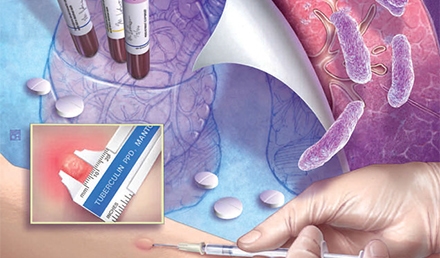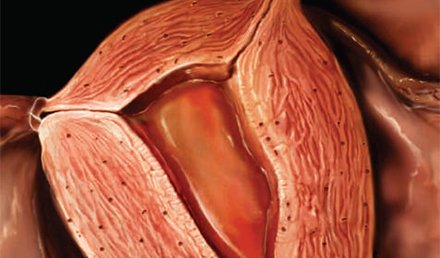Urgent message: The Department of Transportation’s responsibility to ensure that commercial drivers are physically qualified to operate in interstate commerce can mean new business for urgent care providers who qualify to perform certification exams. Ellison H. Wittels, MD, FACP The Federal Motor Carrier Safety Administration (FMCSA) – one of nine operating administrations within the United States Department of Transportation (DOT; Table 1) – is tasked with regulating commercial trucks and buses in interstate commerce. That …
Read More







